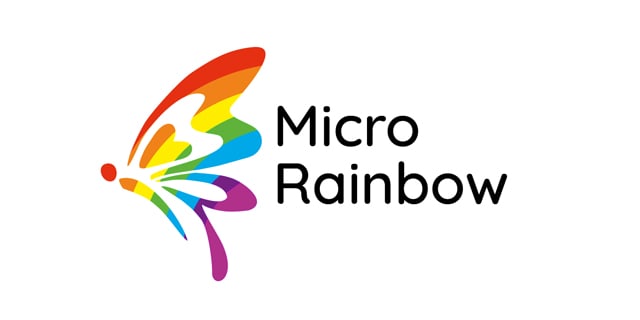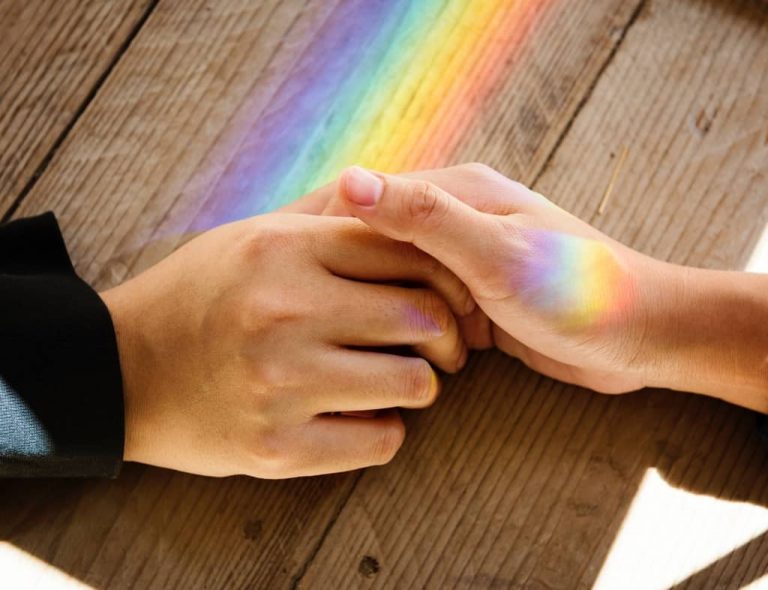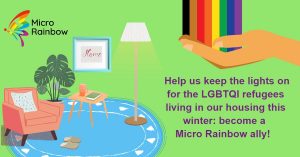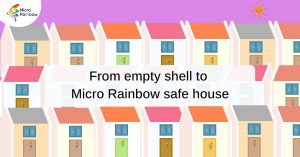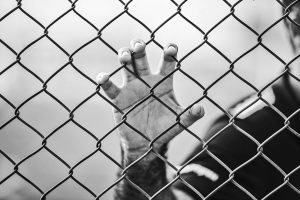Kaira’s story
Kaira is an intersex asylum seeker from a Latin American country.
Their biggest fear while claiming asylum was having to share rooms or a flat with other male asylum seekers.
“I was scared to death”.
“It was hard to be sharing with another male whom I didn’t know and especially because I am a bit feminine. All that time it was at the back of my head, who is going to be coming into the room? You could be asleep and just get attacked.”
Kaira, is one of the 3,500 people who claimed asylum in Britain based on their sexuality, gender identity or intersex status between 2015 and 2017, according to the Home Office.
Kaira faced threats, violence and discrimination in their home country.
Britain is a more tolerant society, however LGBTQI asylum seekers still face discrimination, poverty and violence. They are vulnerable and extremely isolated.
A common problem faced by LGBTQI people seeking asylum is that they are often placed in housing with people from their own countries, or one of the other 76 countries where homosexuality is illegal. Those people can be as homophobic as the ones they are escaping.
Micro Rainbow supports over 200 LGBTQI asylum seekers every year. According to their reports, the majority face or have faced some form physical, sexual or psychological abuse in the UK. Many have reported experiencing the same trauma and fears they felt in their home countries.
Kaira moved in Micro Rainbow’s housing in December 2017 and, for the first time in years, they felt safe and at home.
“The fear and uncertainty living in these other places was killing me. Now I finally feel safe because I live with people who respect me”.
“I know I can wake up and just do my make-up and be able to fully express myself without having to be afraid that someone is going to attack me or that someone is going to be judging me.”
What happened next for Kaira?
Kaira was granted refugee status in May 2018. In September they started a master’s degree in a London University. They are in full time education. They never experienced abuse in Micro Rainbow’s housing. They have moved out leaving their space to other LGBTQI asylum seekers who are homeless and face abuse.
Muhammed’s story
Muhammed is a gay man from Bangladesh, who came to Britain in 2011. He moved into Micro Rainbow’s safe housing in November 2017 after a period of homelessness.
“Since I moved into the house, I’m happy. I have found a family,”
In Bangladesh gay sex is illegal.
“Last time I talked to my mum, she told me ‘you just humiliate me, don’t come back’. And I can’t go back because my brothers are going to kill me”.
Muhammed said he used to live with heterosexual people in Britain. He was never physically attacked, but he suffered verbal abuse, especially from people of his ethnic community.
“They don’t attack just physically but mentally attack the whole time,” he said.
“The need in this country is massive. There are hundreds of LGBTQI asylum seekers every year who need a safe place to be”.
What happened next for Muhammed?
Muhammed was granted refugee status in the summer of 2018. He has found full time employment and he is living independently. He left Micro Rainbow’s housing in September 2018. He also never experienced abuse in Micro Rainbow’s housing. When he has time, Muhammed volunteers with Micro Rainbow and supports other LGBTQI asylum seekers who are experiencing the same issued he faced before he became part of Micro Rainbow.
Names have been changed.
